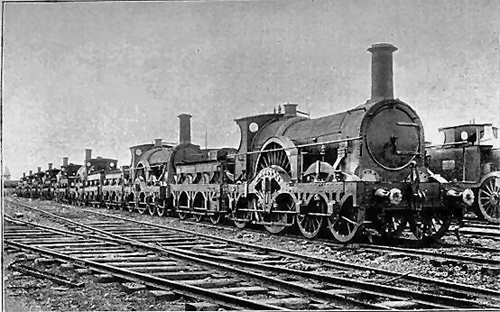Riots, railways and a Hampshire hill fort: Exploiting local history for rigorous evidential enquiry
Teaching History article

Exploiting local history for rigorous evidential enquiry
Please note: this article pre-dates the 2014 National Curriculum and some content may be outdated.
Rigorous historical enquiry is integral to effective history teaching. The 2008 National Curriculum has recognised its importance by giving it a broader definition as a key process to include not only the use of historical sources, but also the process of students devising questions, developing hypotheses, investigating interpretations and reaching judgments. Planning longer enquiries provides students with a series of lessons in which they have the time to develop these processes more effectively. The teachers on Hampshire's history steering committee wanted to plan longer, more meaningful enquiries for their Key Stage 3 history students. Under the guidance of Neil Thompson, the local history advisor, they put together a series of guidelines to support their planning (see Figure 1). The teachers wanted their students to work like genuine historians, using authentic evidence to form their own judgments.
Part of the meaning-making would come through a focus on local history. This article shares the work of three teachers in three different Hampshire departments, all of whom have recently planned rigorous local enquiries around the use of evidence. They have faced similar issues: where do you get good quality resources on local history which will engage pupils? How can pupils be helped to access and make meaning from maps and sets of data? How can the work of local historians be used appropriately in the Year 8 history classroom? Each of the three teachers found their own way round these issues. This results in three divergent approaches stemming from a similar set of aims...
This resource is FREE for Secondary HA Members.
Non HA Members can get instant access for £2.75

